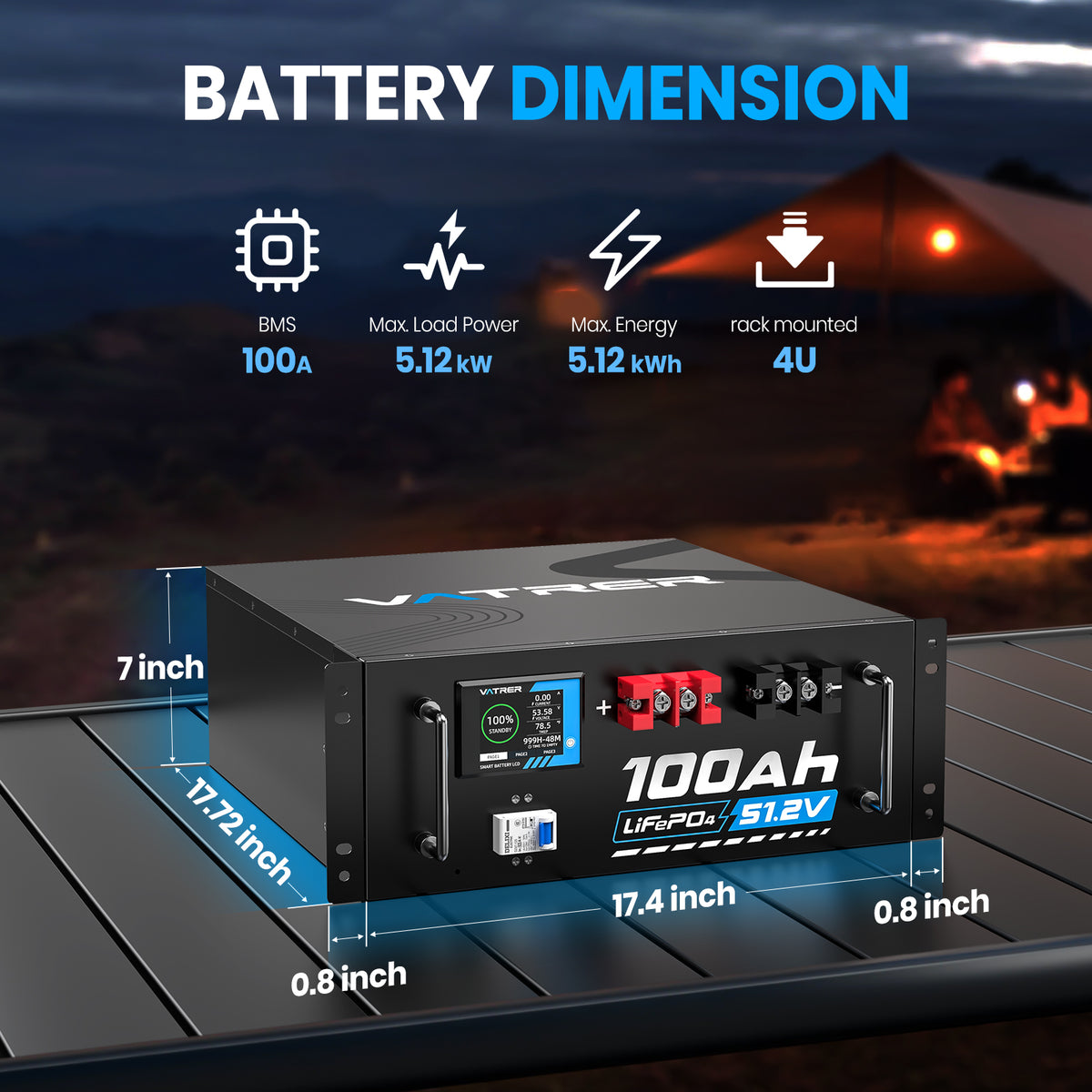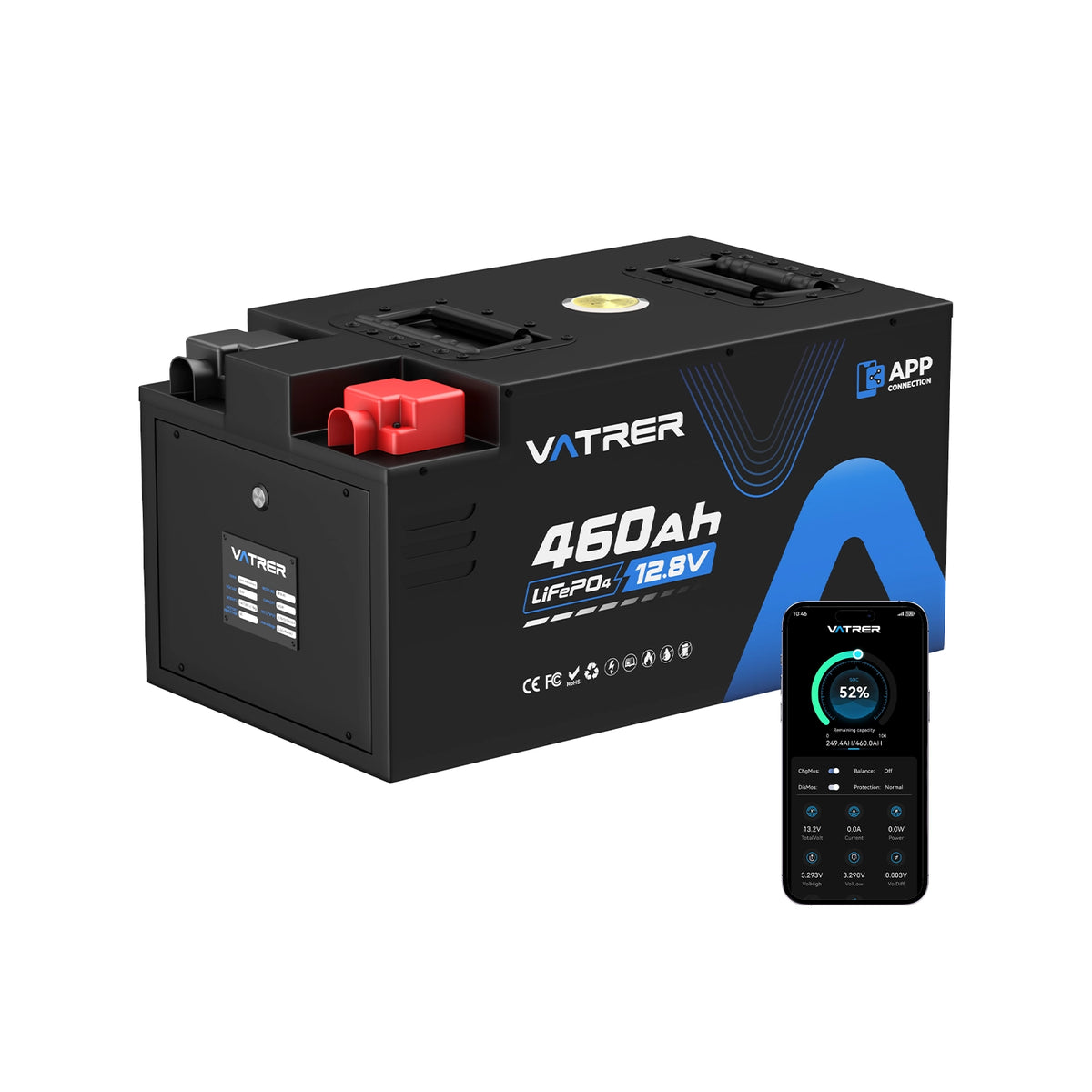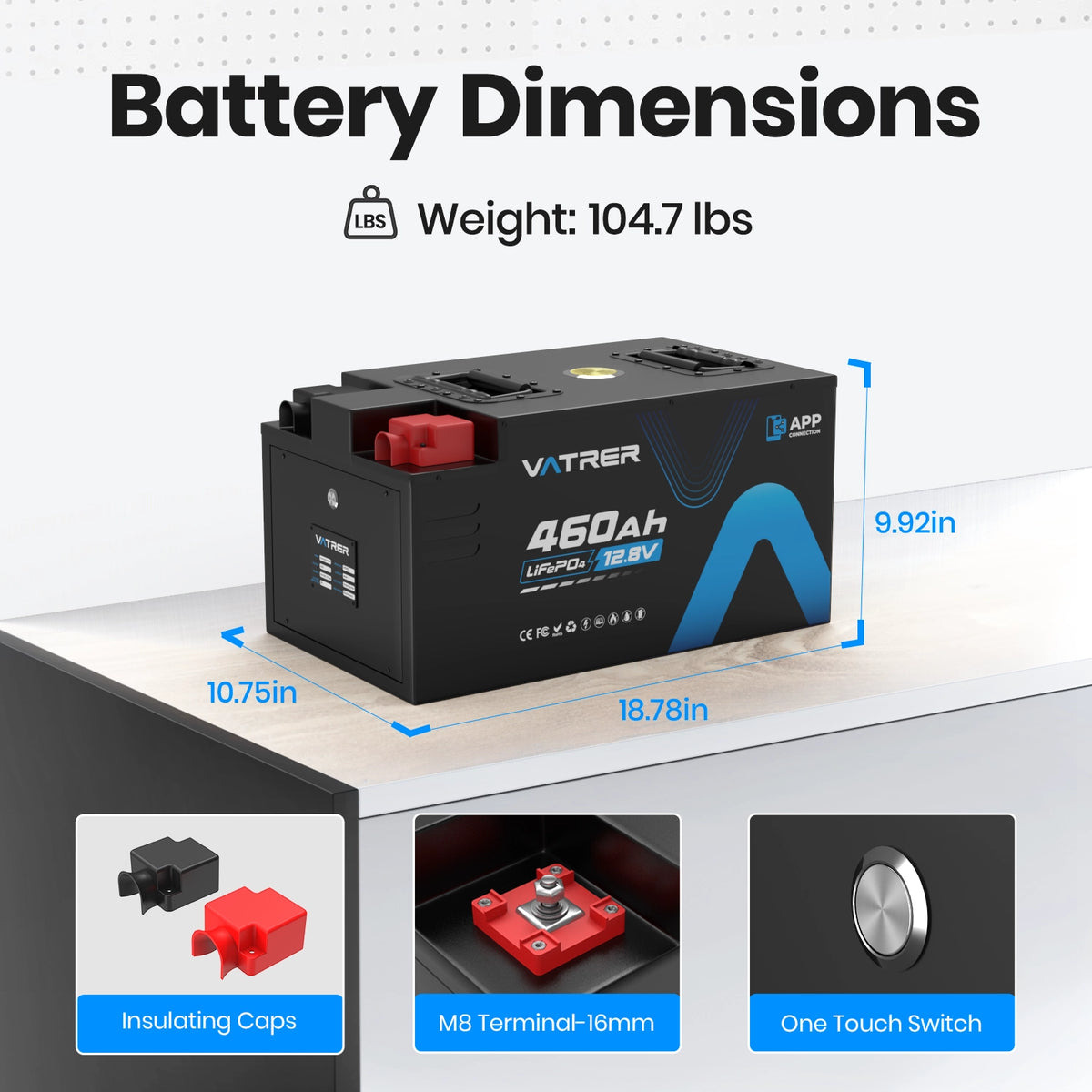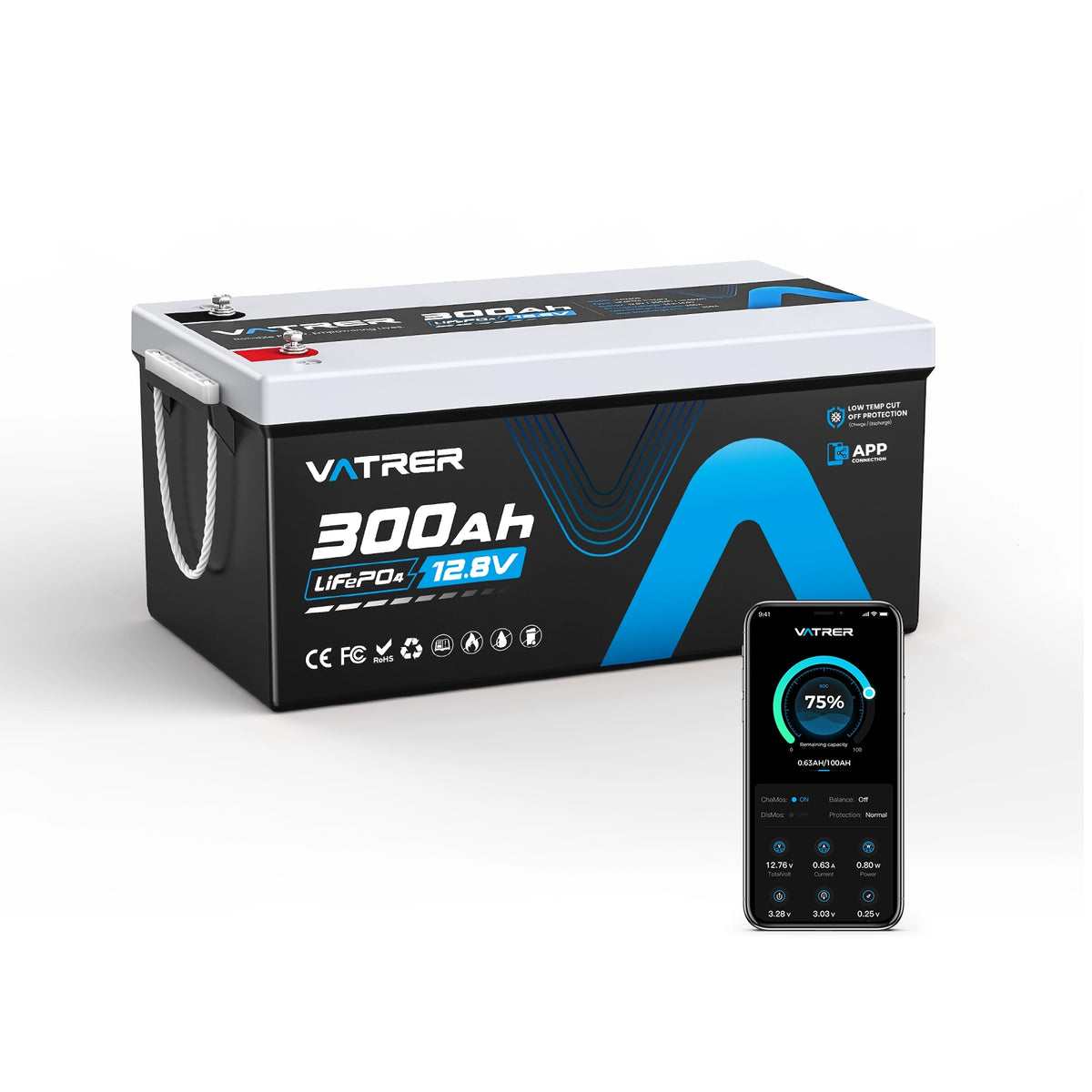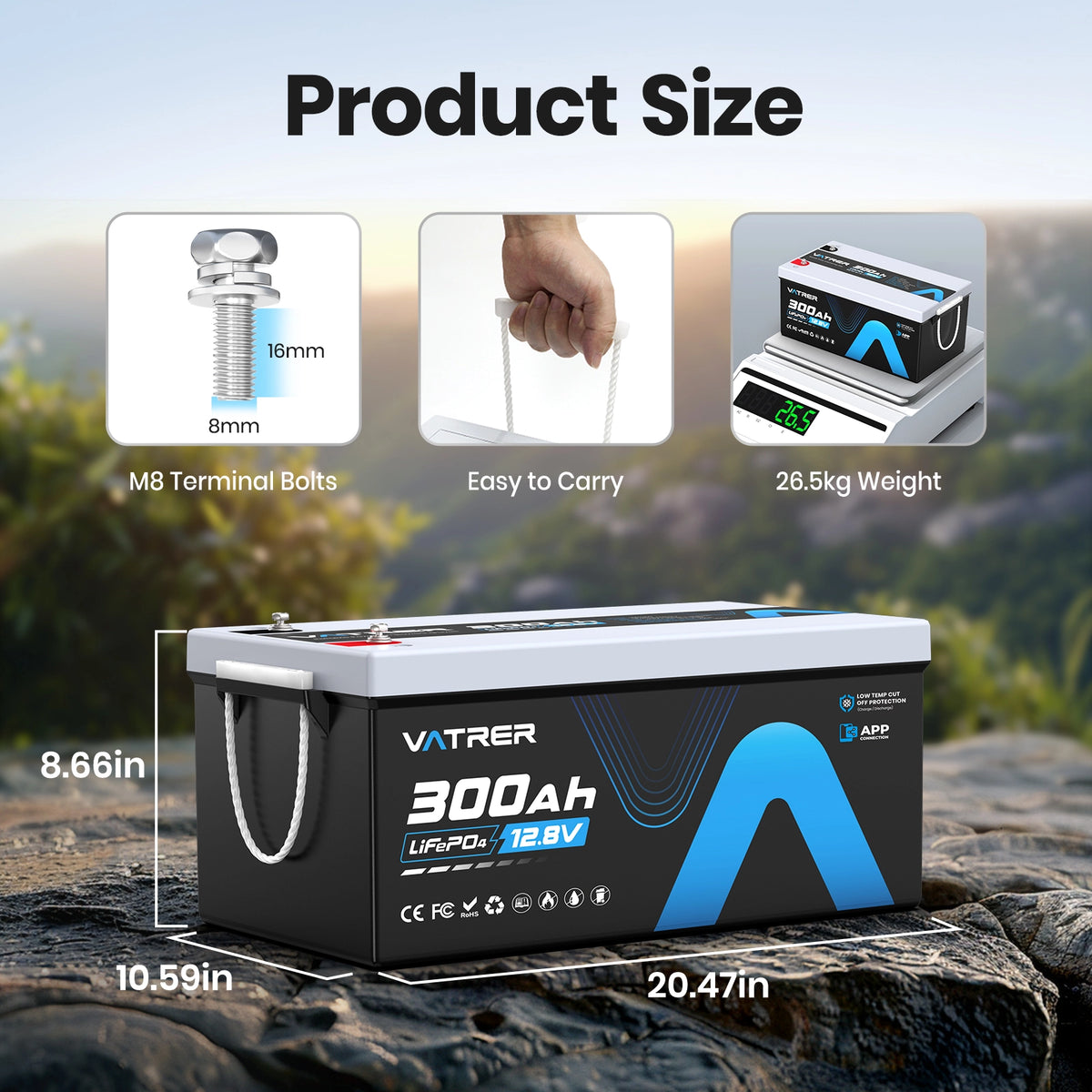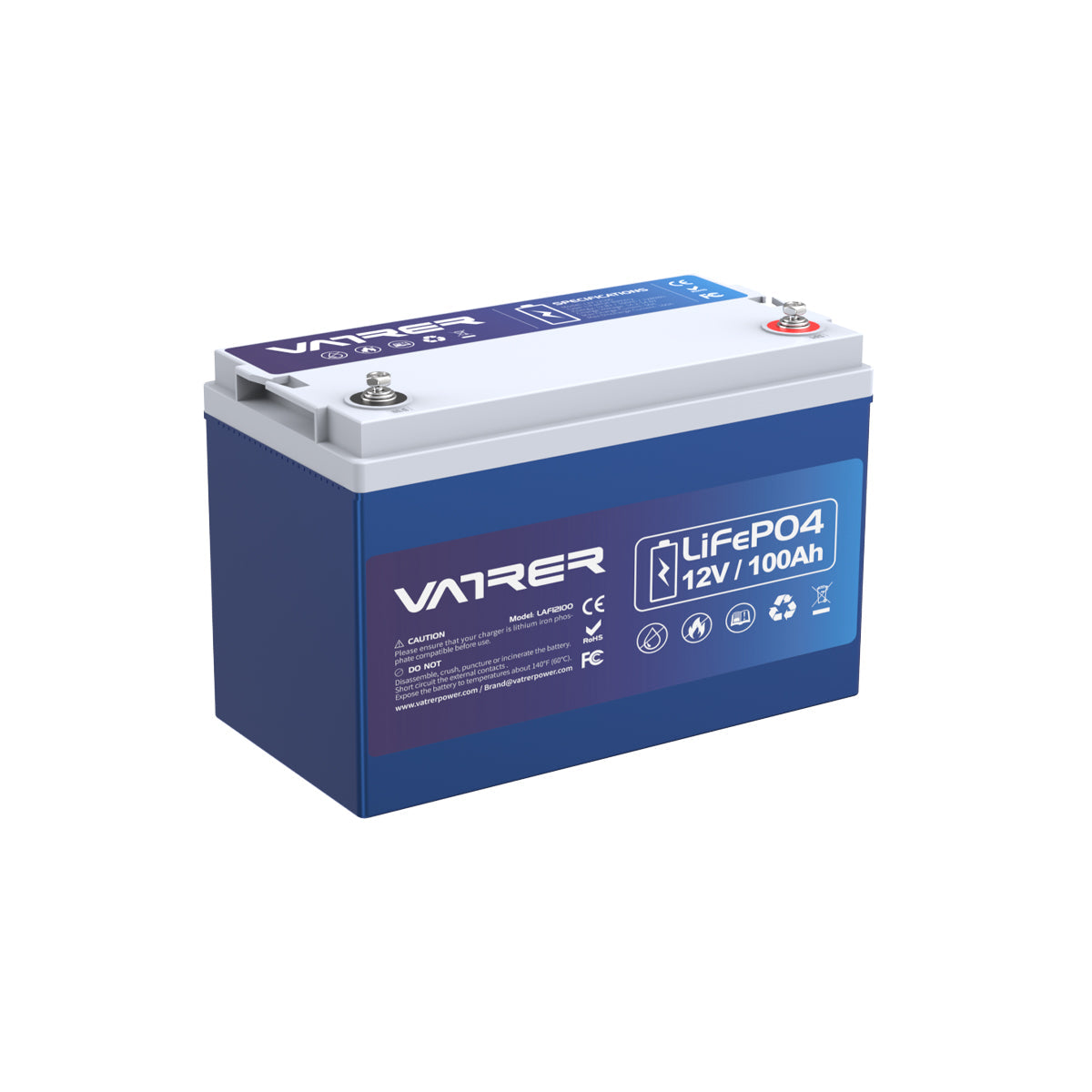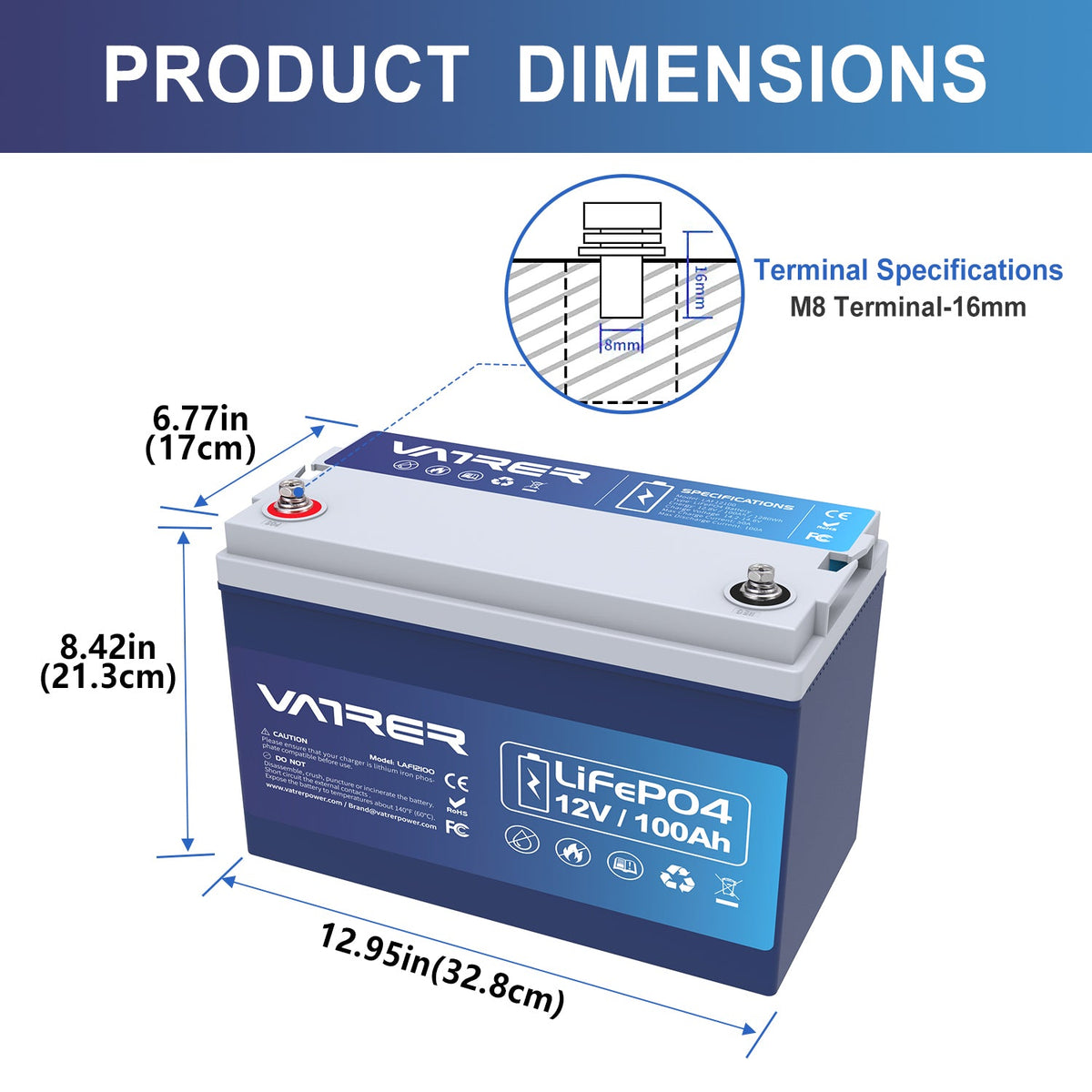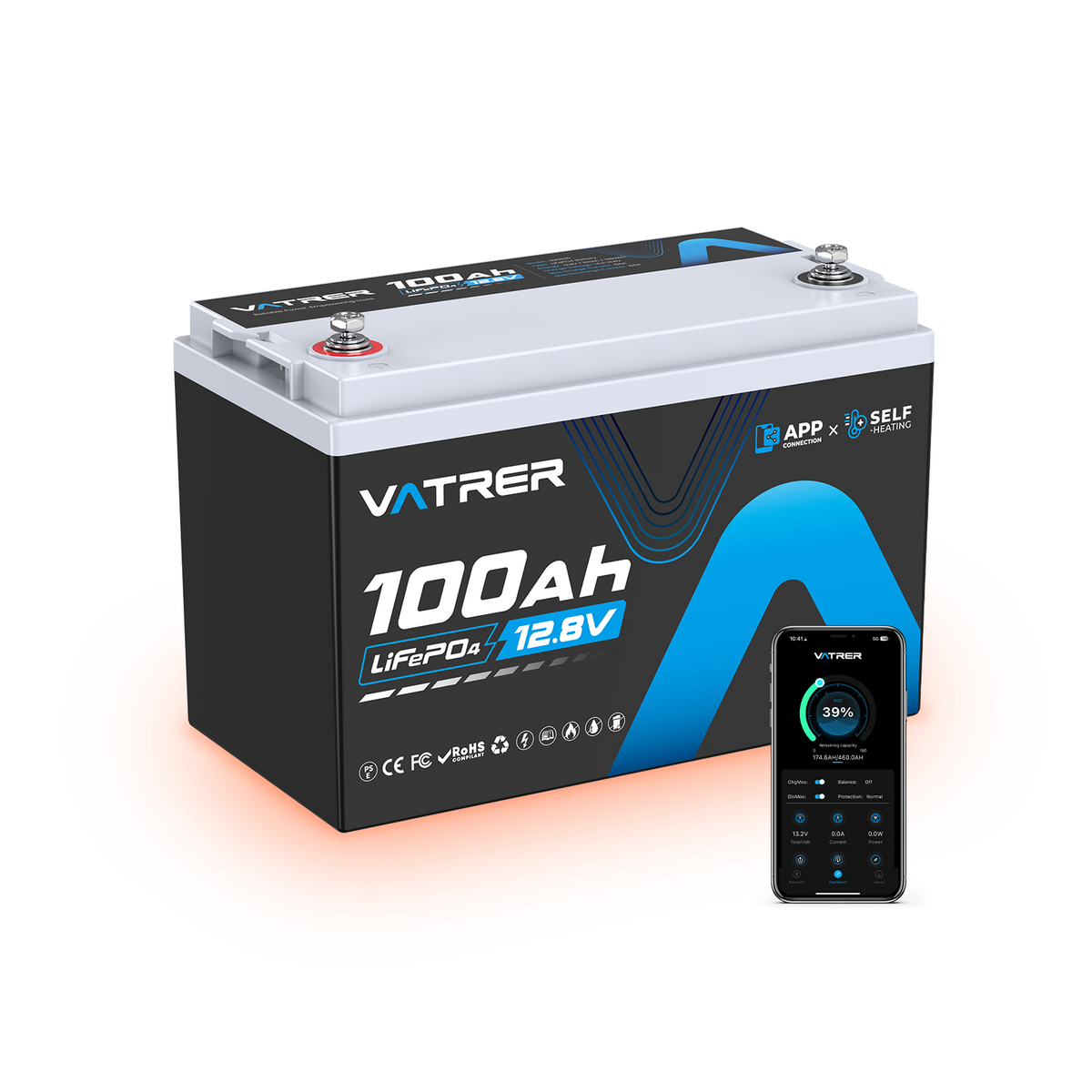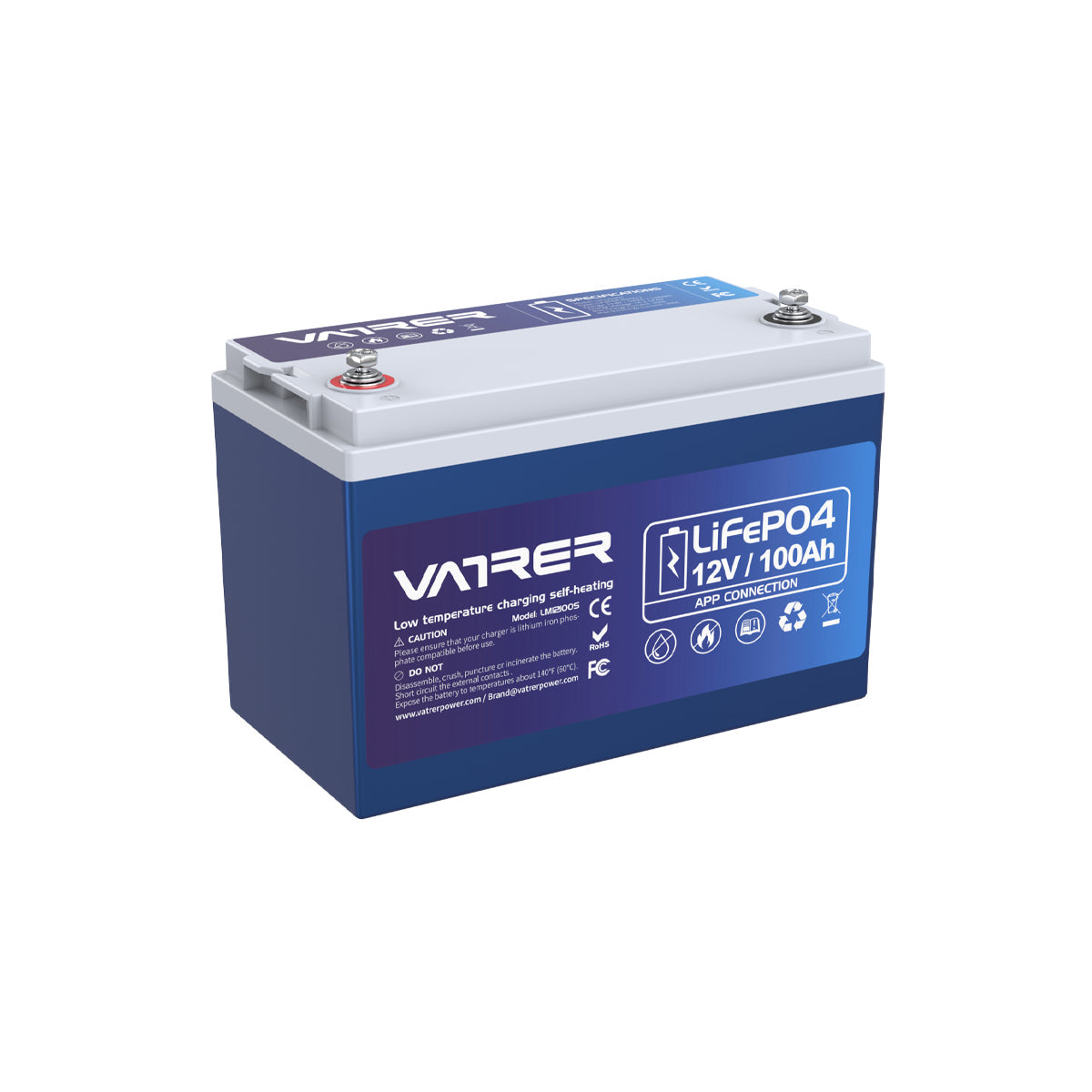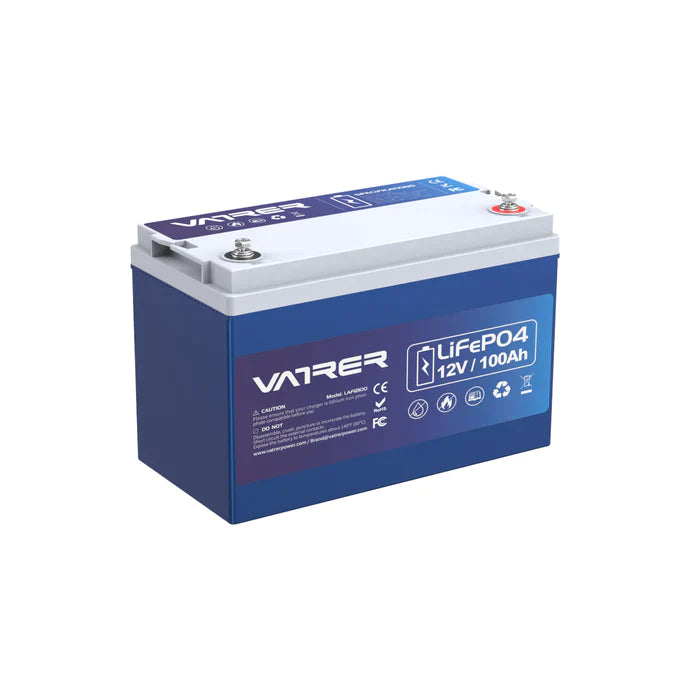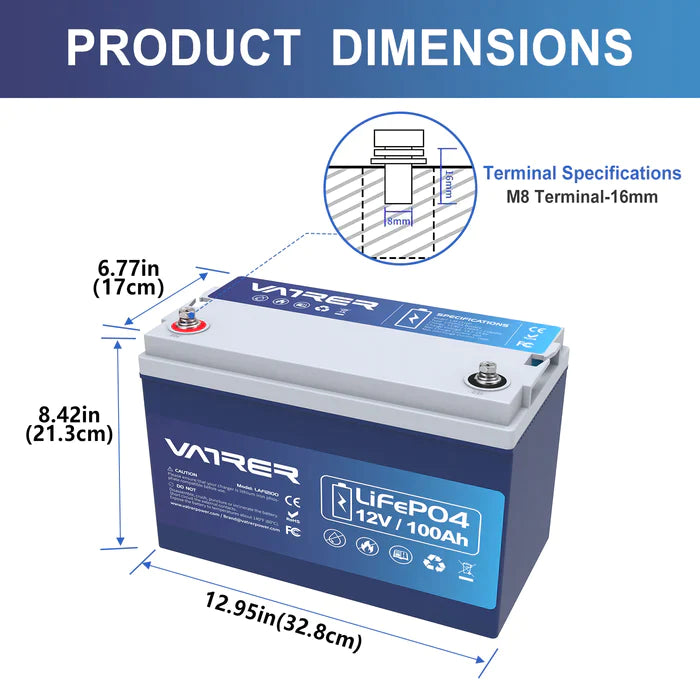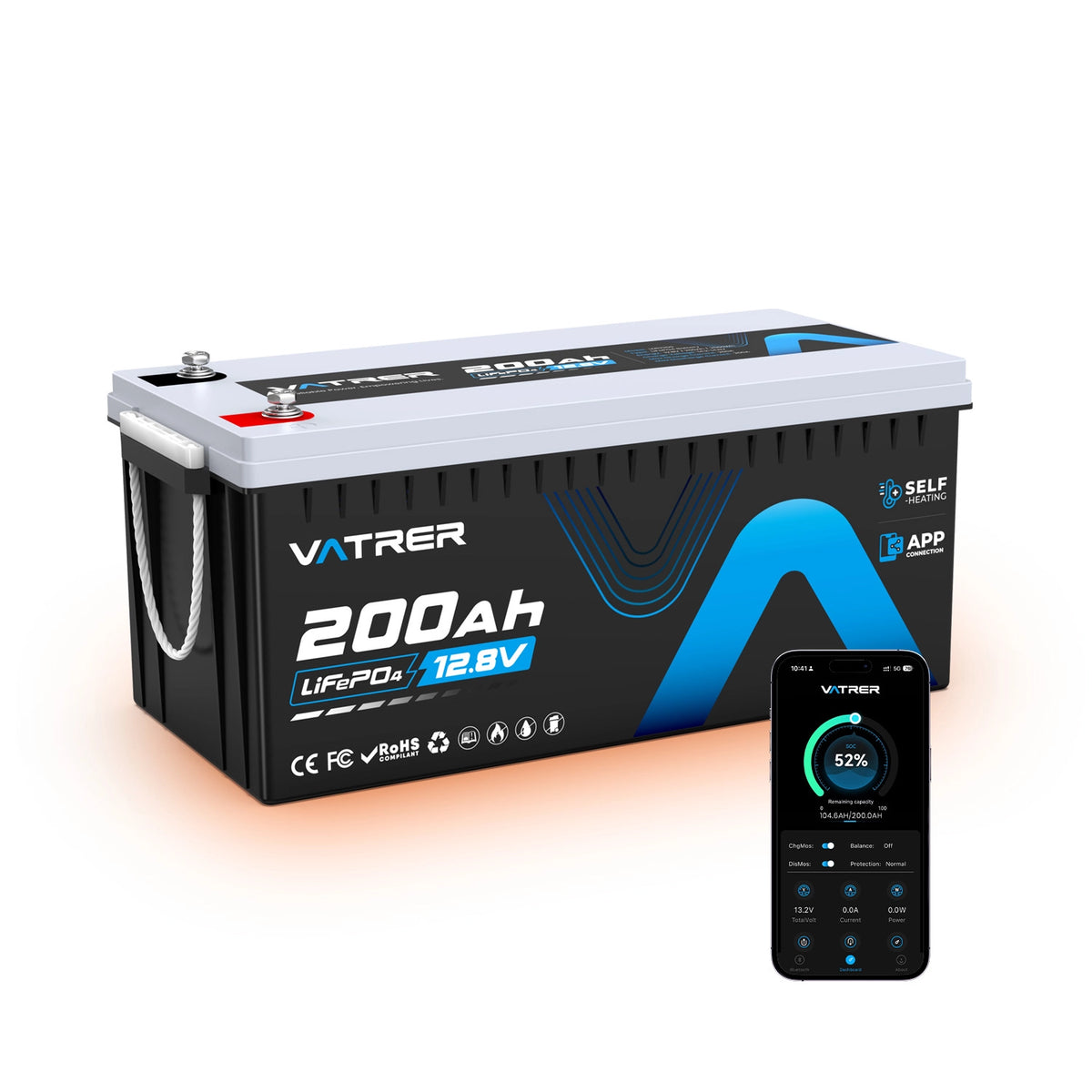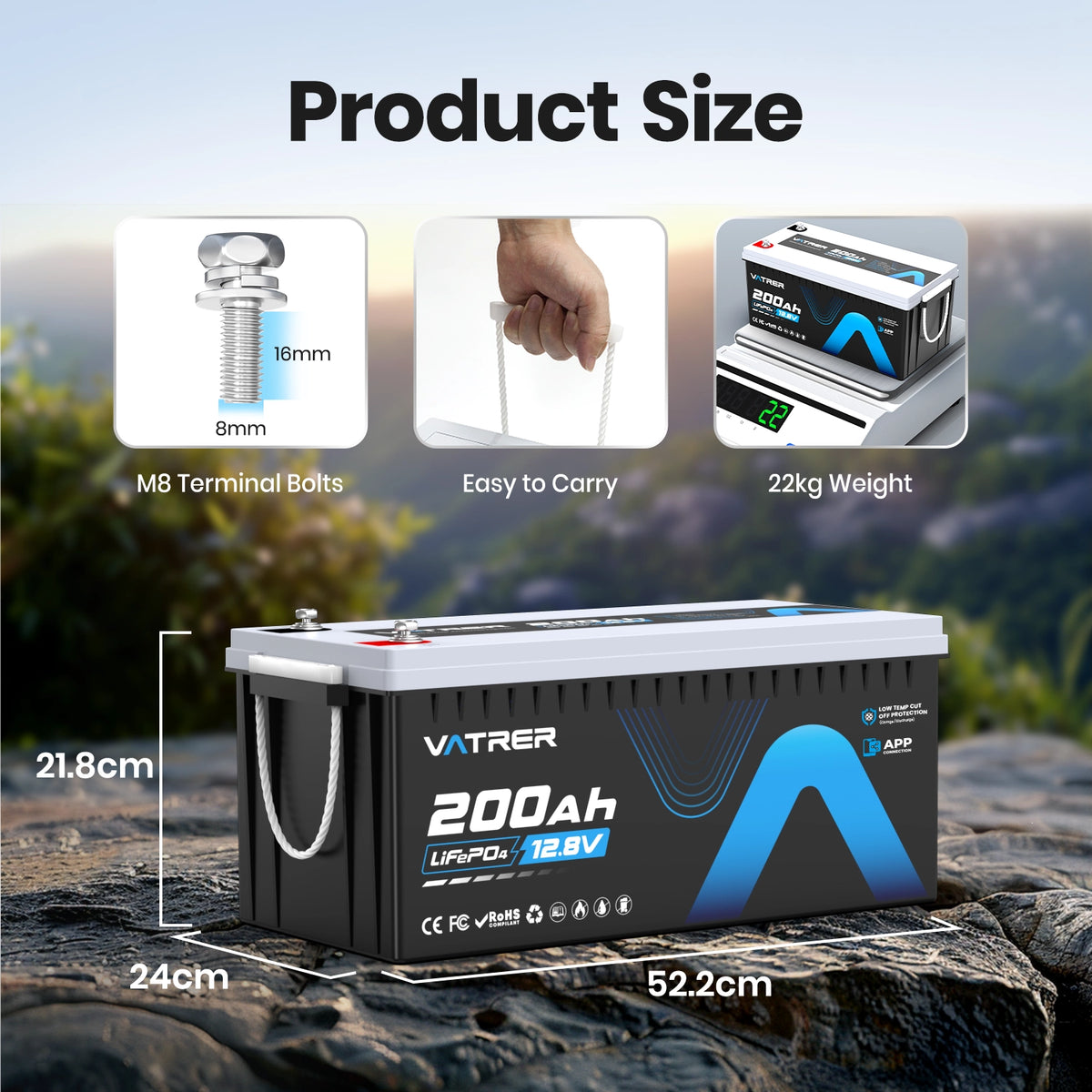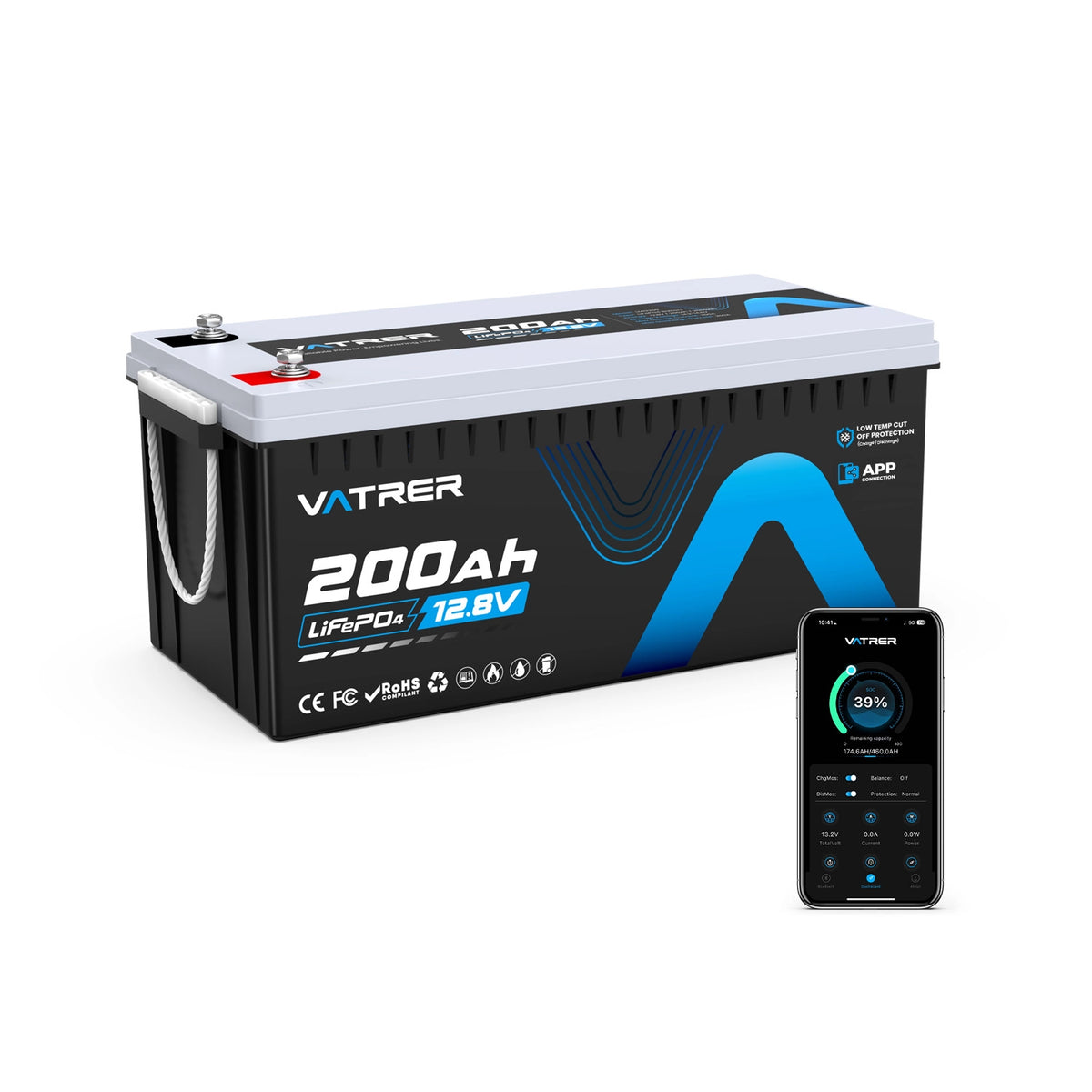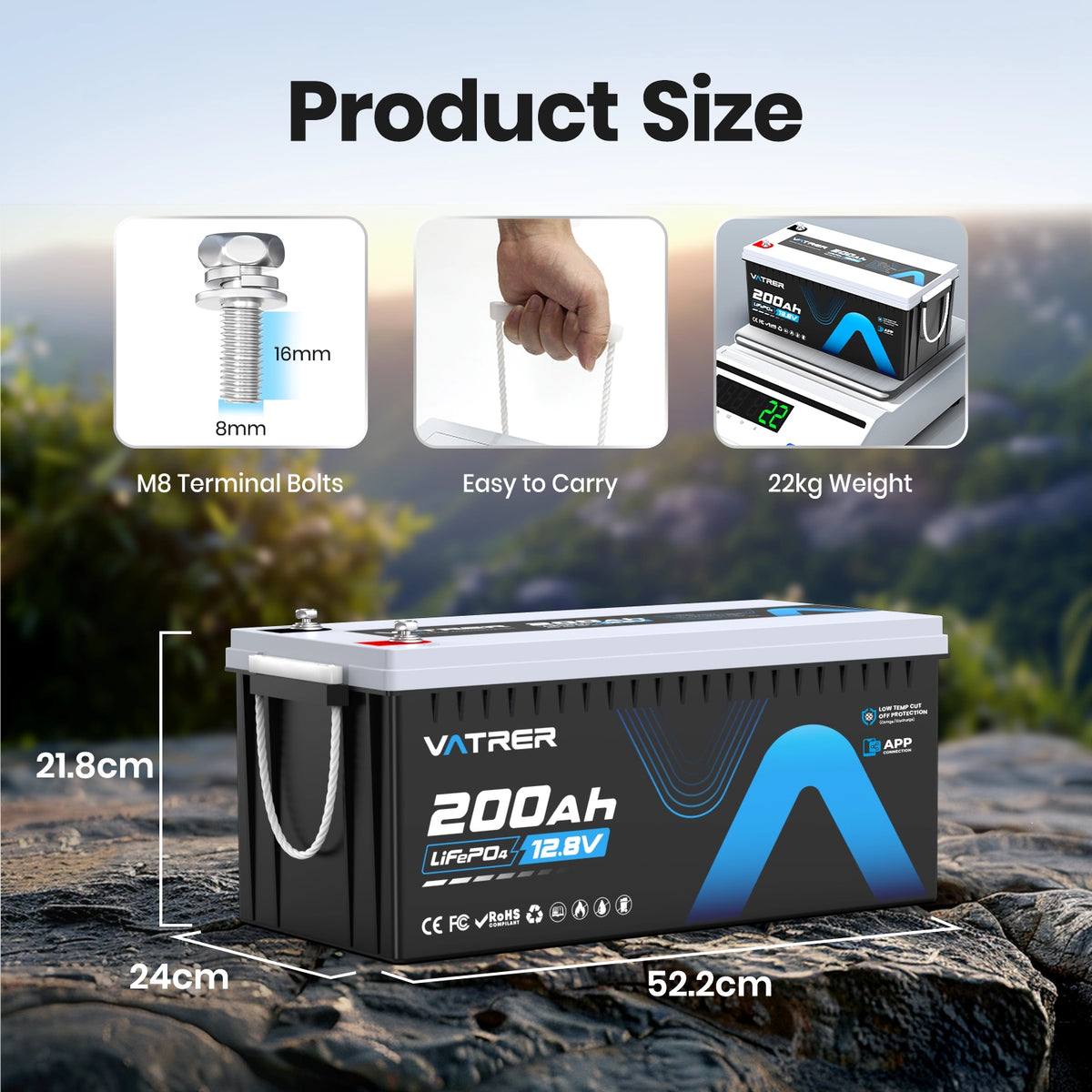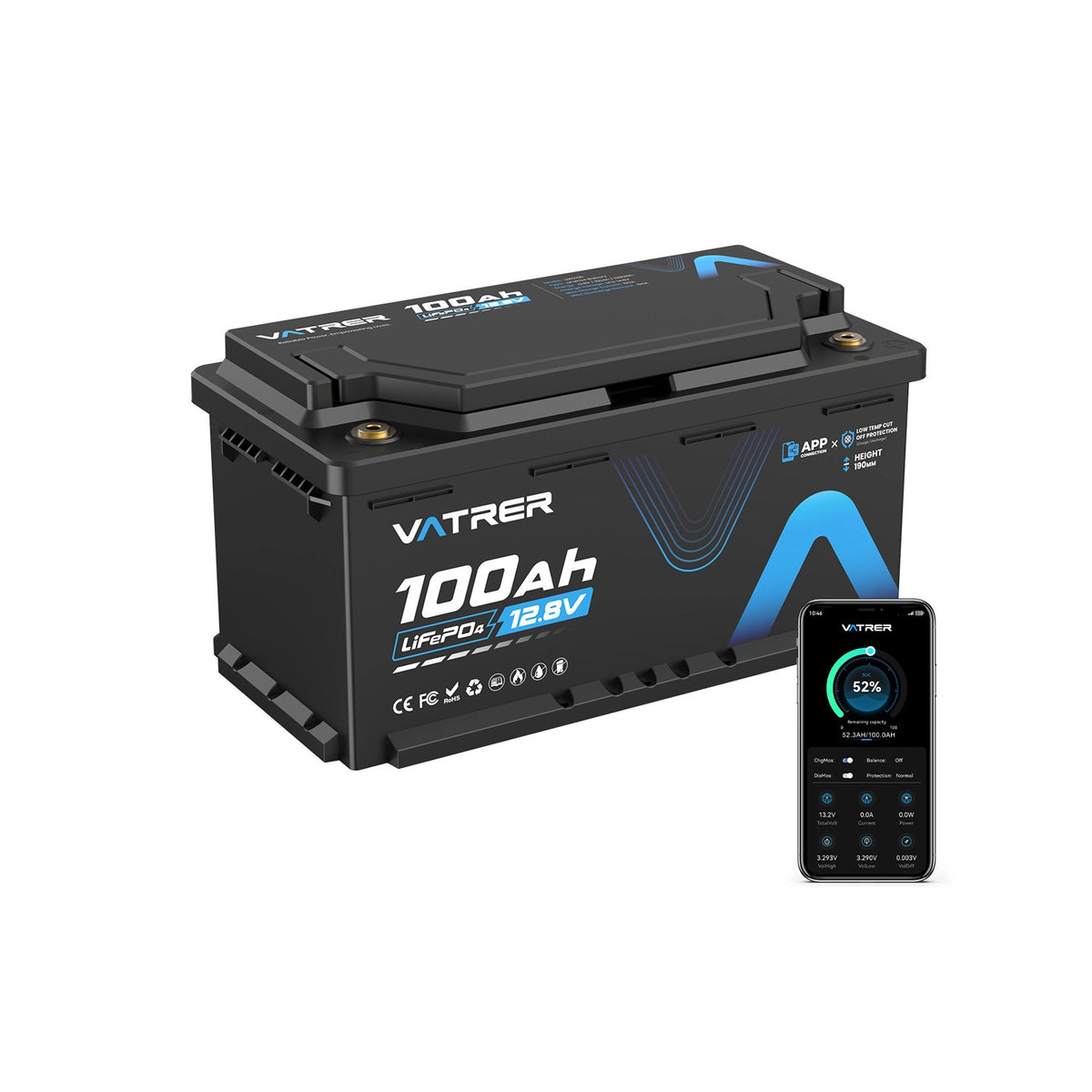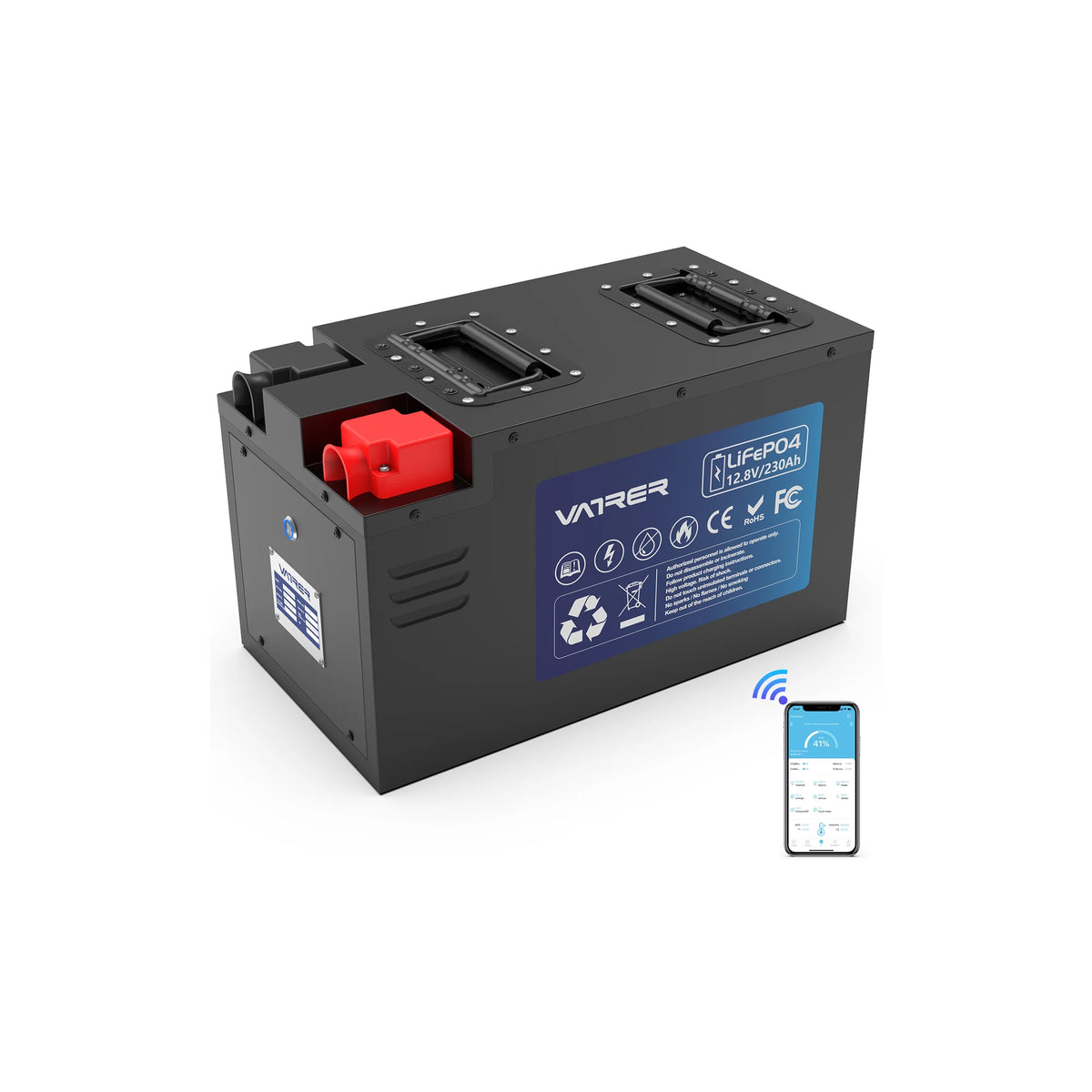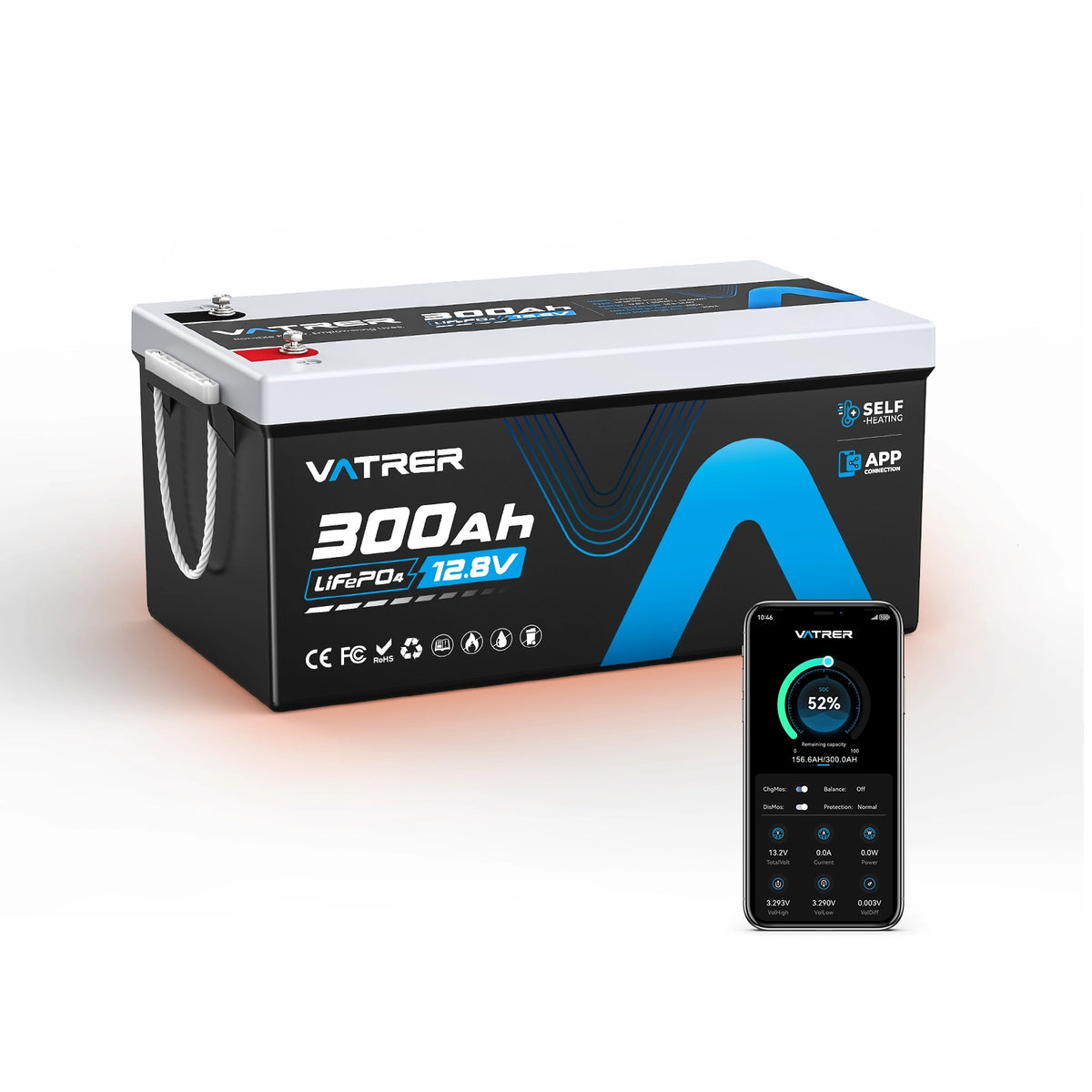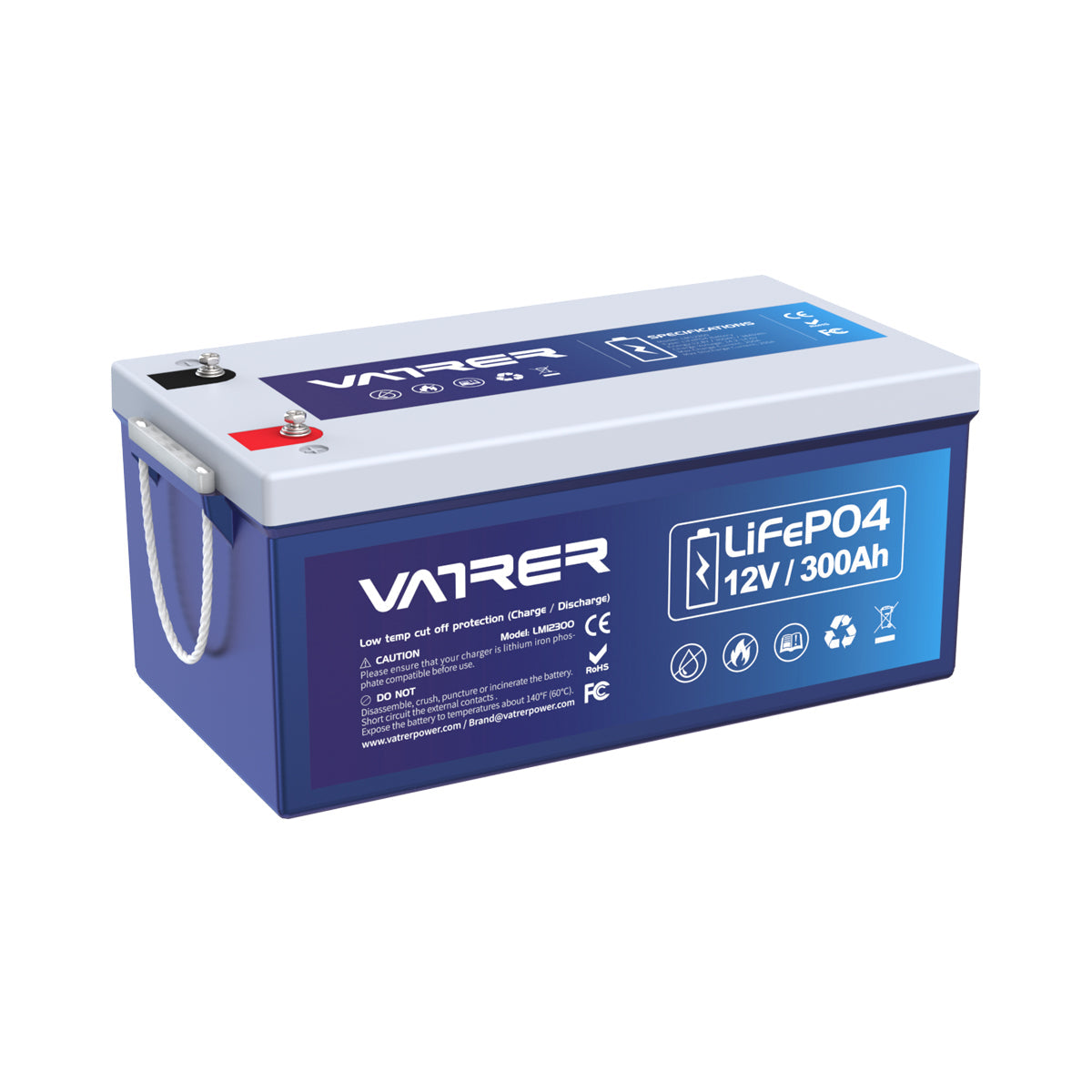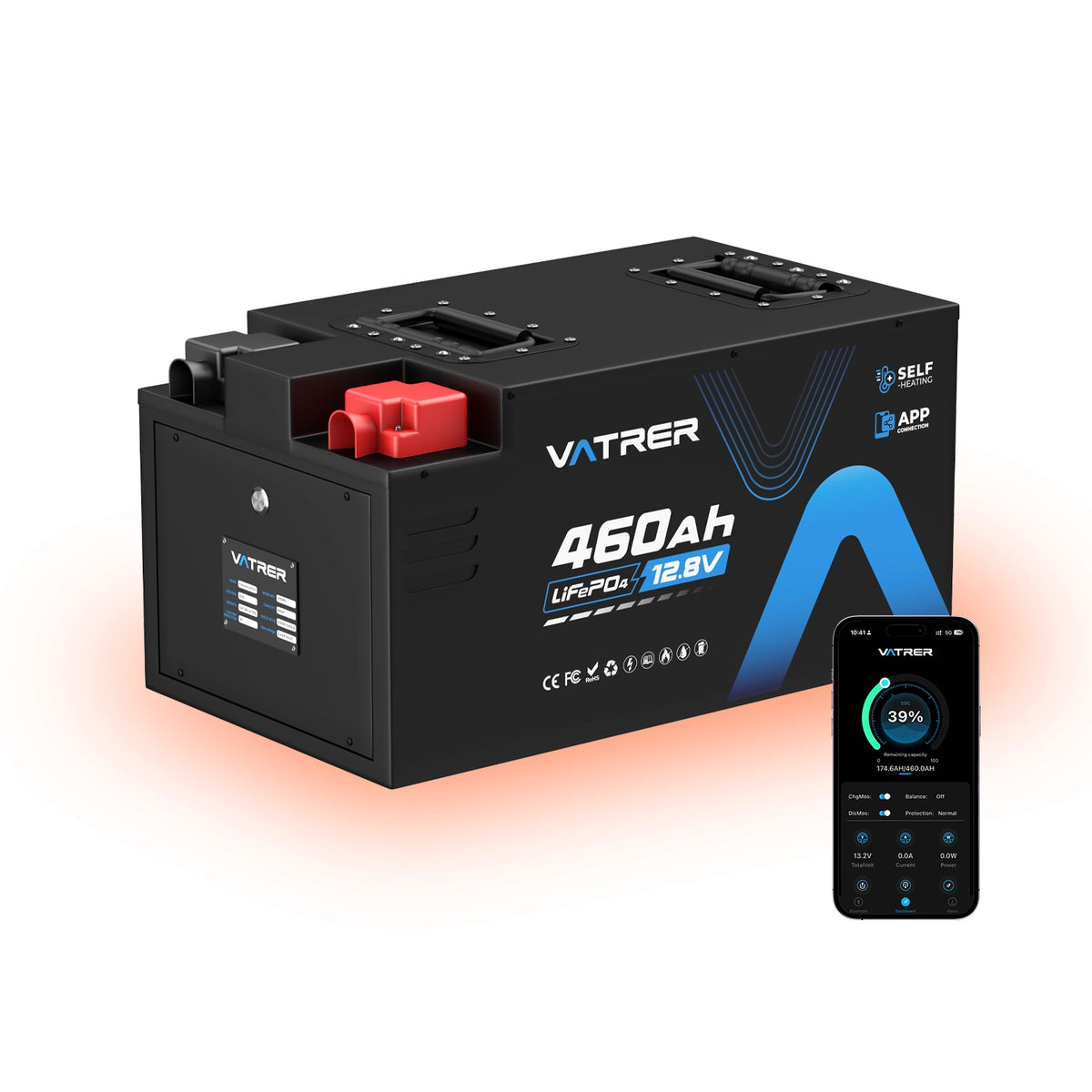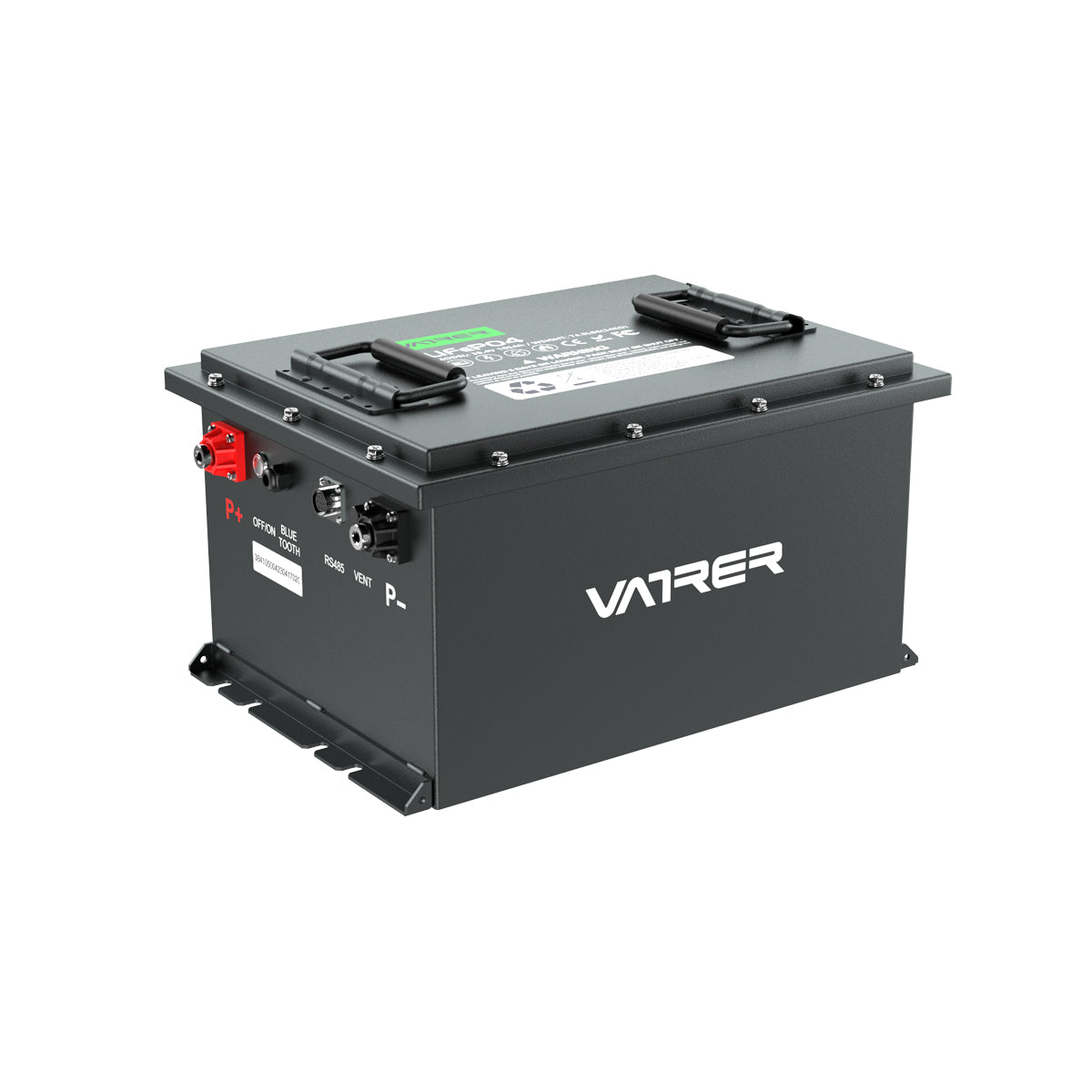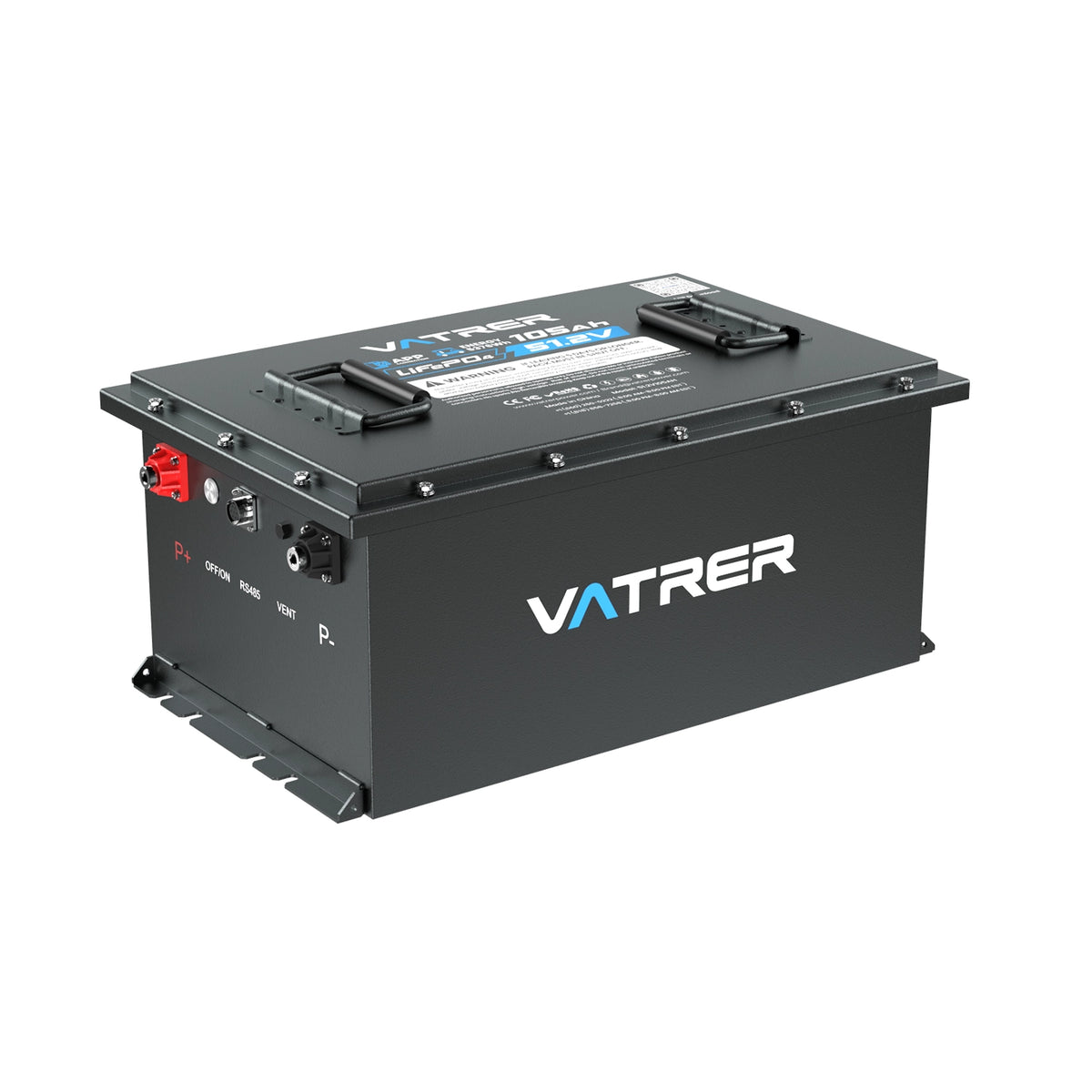Introduction
Lithium batteries are increasingly popular in recreational vehicles (RVs), marine vessels, and golf carts due to their long life, high energy density, and low maintenance needs compared to traditional lead-acid batteries. However, proper maintenance is essential to maximize their efficiency and lifespan. This blog post will explore the best practices for maintaining lithium batteries in these applications.

Understanding Lithium Batteries
Firstly, it's important to understand what sets lithium batteries apart from other battery types. Lithium batteries offer a higher power-to-weight ratio and are more efficient in both charging and discharging. They also have a lower self-discharge rate, which makes them ideal for seasonal use in RVs, boats, and golf carts.
Maintenance Tips for Lithium Batteries
-
Regular Charging: Unlike lead-acid batteries, lithium batteries do not need to be fully discharged before recharging. However, keeping them charged is essential. It's advisable to charge your battery after each use to avoid deep discharge, which can reduce the battery's lifespan.
-
Use a Compatible Charger: Always use a charger that is specifically designed for lithium batteries. Using an incompatible charger not only risks damaging the battery but can also pose safety risks.
-
Temperature Considerations: Lithium batteries are sensitive to extreme temperatures. Avoid exposing the battery to excessive heat or cold. If storing your RV, boat, or golf cart in an area with extreme temperatures, consider removing the battery and storing it in a climate-controlled environment.
-
Maintain a Clean Connection: Ensure that the battery terminals and connections are clean and free from corrosion. A dirty connection can lead to inefficient charging and reduced battery life.
-
Storage: If you're not planning to use your vehicle for an extended period, store the lithium battery at a 50% charge state in a cool, dry place. This level of charge provides the best conditions for longevity and readiness.
-
Regular Inspections: Periodically inspect the battery for any signs of damage, such as swelling or leakage. If any damage is observed, it is crucial to replace the battery to avoid any risks of malfunction or safety hazards.
-
Balancing the Cells: Ensure that the battery management system (BMS) is functioning correctly. The BMS helps maintain the balance across the battery cells, which is vital for both performance and longevity.
-
Firmware Updates: For smart lithium batteries, keeping the firmware up to date is crucial. Manufacturers often release updates that improve the performance and longevity of the battery.
Conclusion
Maintaining lithium batteries in RVs, marine vessels, and golf carts doesn't require extensive effort, but it does require consistent attention to a few key aspects. By following these maintenance tips, you can ensure that your lithium batteries perform well and last longer, providing reliable service in your recreational vehicles. Proper care not only enhances performance but also ensures safety and value for money in the long run.






